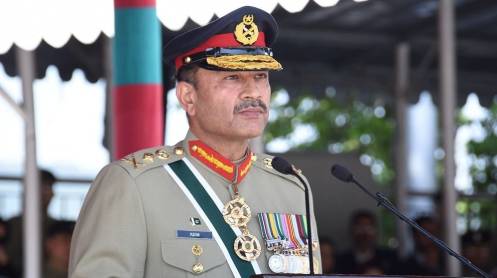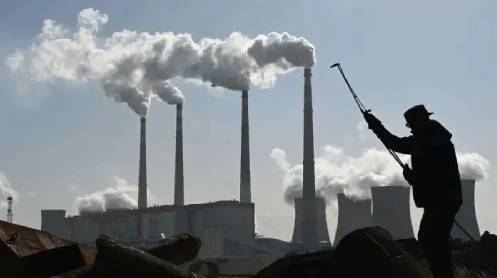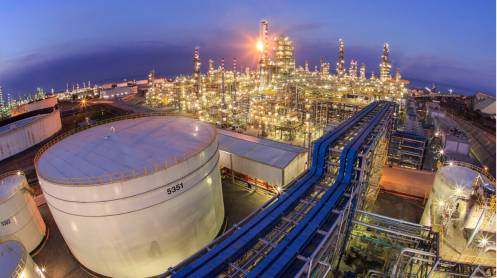WITH global gas prices soaring to new highs in the aftermath of the ongoing military conflict between Russia and Ukraine, Pakistan’s energy chaos is going to aggravate. The government is left with no choice but to either buy expensive LNG — if and when available — in order to meet the fuel requirements of the country’s power sector and industry, or reduce spot gas imports to protect its meagre foreign exchange reserves. The sole mitigating factor is the supply of seven cargoes a month by Qatar — currently at almost a third of the spot LNG price — under two long-term contracts with Islamabad against the nation’s total requirement of 12 to 14 cargoes. At present, the spot purchases of a cargo cost nearly $80m against the $26m to $30m that Pakistan pays for a cargo under its contracts with Qatar. Even international traders Gunvor and ENI, with whom the government has contracts for the supply of one LNG cargo every month, have been defaulting on their commitments ever since global LNG prices started to surge at the onset of the cold season.
With world gas prices forecast to stay elevated in the coming months —prices in Europe for summer delivery have already soared from $24/mmbtu to $40/mmbtu — it is time that policymakers started thinking hard about the country’s energy security. Whatever is going on in the international market isn’t in the control of the government. Yet it must give a thought to formulating a short- to long-term energy policy that takes into account changing market fundamentals in the wake of the Russian-Ukraine conflict. In the short term, it appears, we will need to temporarily replace LNG with furnace oil and diesel until gas prices cool down. But longer-term energy security demands that the government come up with a strategy to attract investments in domestic oil and the gas exploration industry for new discoveries as well as encourage the use of renewable energy to cut reliance on costly fuel imports.





